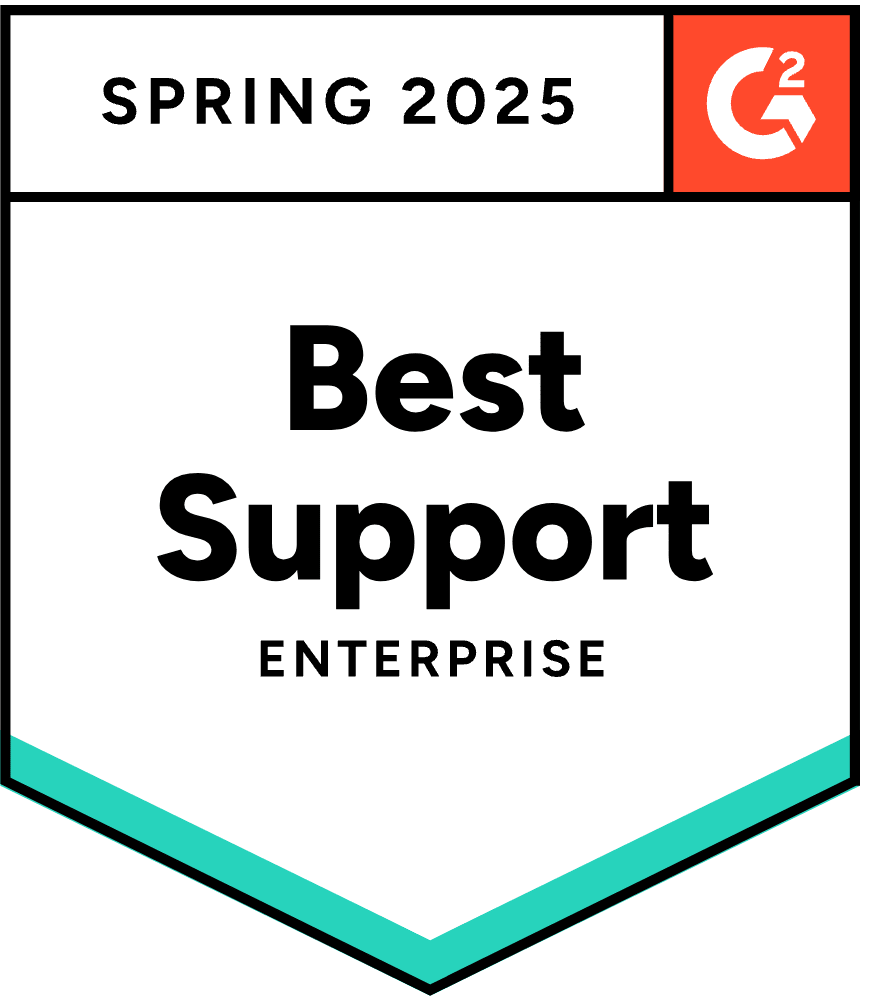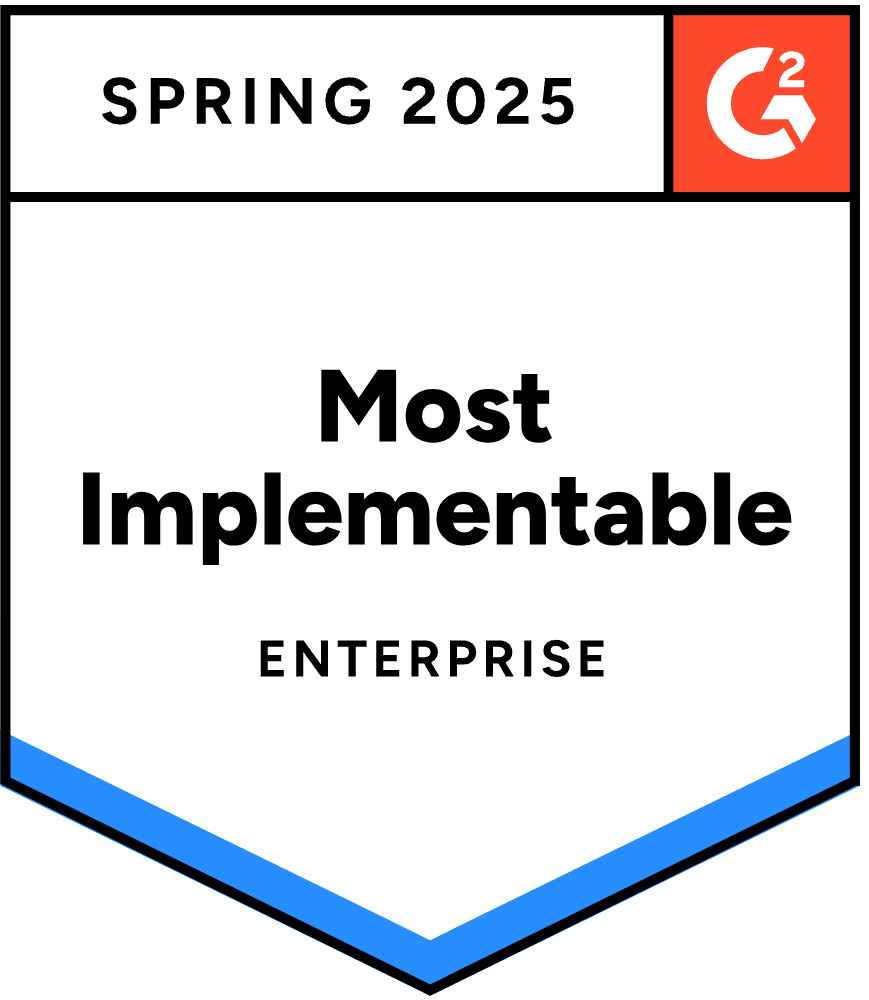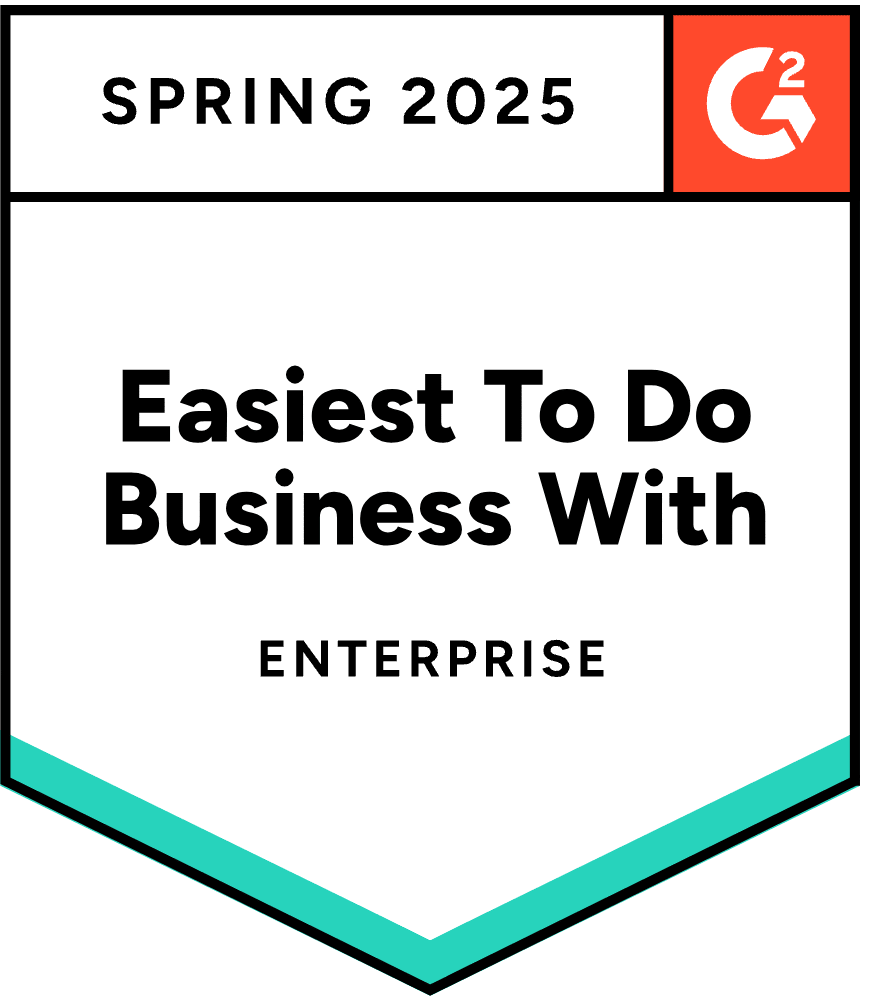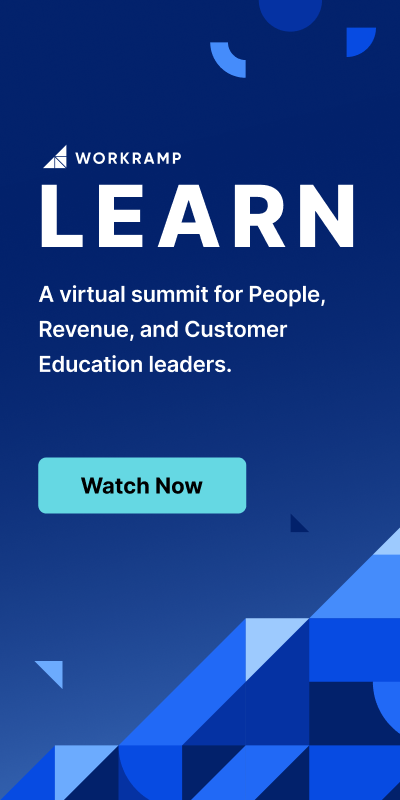You might also like
Increasing product adoption and improving customer engagement
Discover how five WorkRamp customers use Academies to engage customers for better business outcomes.
The customer enablement tools you need
Planning a clear post-sale strategy with the right customer enablement tools allows you to build relationships and help users get the most from your products.
Learn to build a customer academy with our step-by-step guide
If you're like most organizations, you're always looking for ways to serve your customers better. But what if there was a way to not only keep them coming back, but also turn them into advocates and champions for your brand?
Decrease Ramp Time and Increase Revenue
Get in touch to learn how WorkRamp can help you achieve your learning and development goals.
Request a Demo




